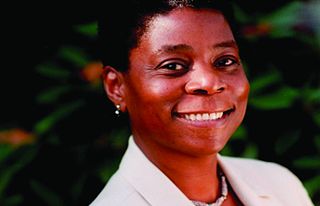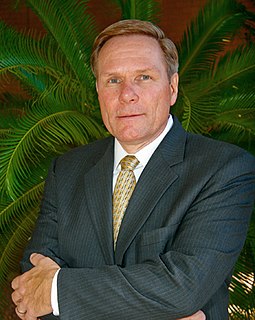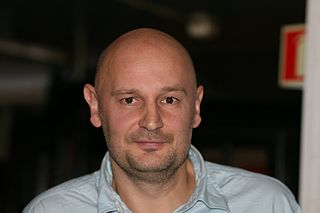A Quote by James Hillman
It's the only way we can get out of being so human-centered: to remain attached to something other than humans.
Related Quotes
The activity of the immature human being is simply played upon to secure habits which are useful. He is trained like an animal rather than educated like a human being. His instincts remain attached to their original objects of pain or pleasure. But to get happiness or to avoid the pain of failure he has to act in a way agreeable to others.
Crankiness is a human attribute that when people walk in the door of Xerox, they remain human. The best way to get the best out of people is to not force them to be something other than they naturally are. Now what do they have to be? They have to be respectful. You can't be ridiculously disrespectful.
Crankiness is a human attribute that, when people walk in the door of Xerox, they remain human. The best way to get the best out of people is to not force them to be something other than they naturally are. Now what do they have to be? They have to be respectful. You can't be ridiculously disrespectful.
Our misery comes, not from work, but by our getting attached to something. Take for instance, money: money is a great thing to have, earn it, says Krishna; struggle hard to get money, but don't get attached to it. So with children, with wife, husband, relatives, fame, everything; you have no need to shun them, only don't get attached. There is only one attachment and that belongs to the Lord, and to none other.
It's one of the bases of all human existence - the relation between parents and children, whether biologically or metaphorically. It's something we can never get away from, even in a civilization where we're controlled by robots. It's the basic relationship between mature people who represent paternal and maternal figures and young people. It's universal - it's part of human existence. It's always been that way, and it will always be that way if humans remain around.
And a human being whose life is nurtured in an advantage which has accrued from the disadvantage of other human beings, and who prefers that this should remain as it is, is a human being by definition only, having much more in common with the bedbug, the tapeworm, the cancer, and the scavengers of the deep sea.
Once upon a time ... the only autonomous intelligences we humans knew of were us humans. We thought then that if humankind ever devised another intelligence that it would be the result of a huge project ... a great mass of silicon and ancient transistors and chips and circuit boards ... a machine with lots of networking circuits, in other words, aping-if you will pardon the expression-the human brain in form and function. Of course, AIs did not evolve that way. They sort of slipped into existence when we humans were looking the other way.
Many people think that when we practice agriculture, nature is helping us in our efforts to grow food. This is an exclusively human-centered viewpoint... we should instead, realize that we are receiving that which nature decides to give us. A farmer does not grow something in the sense that he or she creates it. That human is only a small part of the whole process by which nature expresses its being. The farmer has very little influence over that process... other than being there and doing his or her small part.
The men who go out the scientists who go out, they have so much fun on the way that when they get there well it's done. So they're looking for another thing. You see the objective may remain the same - the search - but you must get lost on the way, get stupid to my mind, this is what you do in theatre; a team of people go out to look for something, they find, maybe, something else.
Although humans today remain more capable than machines for many tasks, by 2030 machine capabilities will have increased to the point that humans will have become the weakest component in a wide array of systems and processes. Humans and machines will need to become far more closely coupled, through improved human-machine interfaces and by direct augmentation of human performance
One problem with people is that as soon as they fill a space it's them you see and not the space. Large, desolate landscapes stop being large, desolate landscapes once they have people in them. They define what the eye sees. And the human eye is almost always directed at other humans. In this way an illusion is created that humans are more important than those things on earth which are not human. It's a sick illusion.
Transcendence or detachment, leaving the body, pure love, lack of jealousy-that's the vision we are given in our culture, generally, when we think of the highest thing. . . . Another way to look at it is that the aim of the person is not to be detached, but to be more attached-to be attached to working; to be attached to making chairs or something that helps everyone; to be attached to beauty; to be attached to music.
To our human minds, computers behave less like rocks and trees than they do like humans, so we unconsciously treat them like people.... In other words, humans have special instincts that tell them how to behave around other sentient beings, and as soon as any object exhibits sufficient cognitive function, those instincts kick in and we react as though we were interacting with another sentient human being.





































